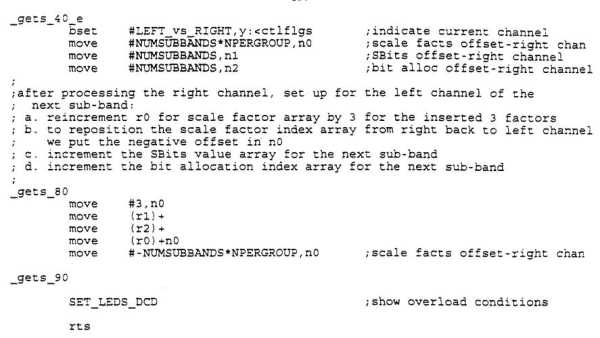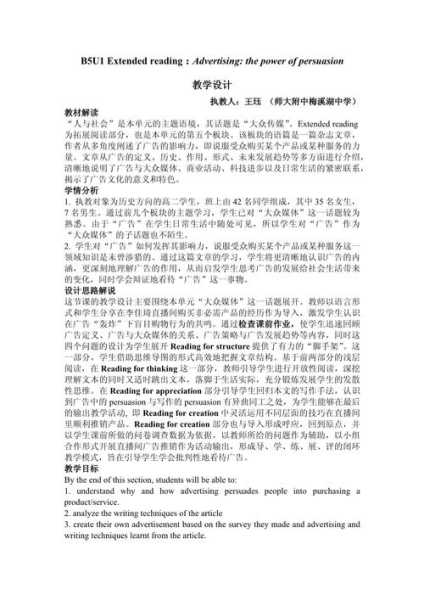This guide provides a comprehensive understanding of the translation of "委托书" into English. It covers the definition, key components, and various uses of a power of attorney document in English-speaking contexts, offering valuable insights for legal professionals and individuals involved in international transactions.
In various situations, whether it is for legal, business, or personal purposes, the need for delegation arises. Delegation involves entrusting someone with the authority to act on one's behalf. In such cases, a document called a "委托书" is typically used in Chinese. But what is the English translation of "委托书"? This article aims to provide a comprehensive guide to understanding the translation of "委托书" in English.

1、The English Translation of "委托书"
The most common English translation of "委托书" is "power of attorney." This term is widely used in legal and business contexts to describe a document that grants someone the authority to act on behalf of another person.
2、Different Types of Power of Attorney
"委托书" can be translated into different types of power of attorney in English, depending on the specific context. Here are some of the most common types:
- General Power of Attorney: This type of power of attorney grants the attorney-in-fact broad authority to act on behalf of the principal in various matters, such as signing documents, making financial decisions, and handling legal affairs.
- Special Power of Attorney: This type of power of attorney grants the attorney-in-fact limited authority to act on behalf of the principal in specific matters, such as selling property or handling a real estate transaction.
- Durable Power of Attorney: This type of power of attorney remains in effect even if the principal becomes incapacitated or unable to make decisions for themselves.
- Springing Power of Attorney: This type of power of attorney becomes effective only when the principal becomes incapacitated or unable to make decisions for themselves.
3、Key Components of a Power of Attorney
When translating "委托书" into English, it is essential to understand the key components of a power of attorney. These components include:
- Grantor: The person granting the authority to the attorney-in-fact.
- Attorney-in-fact: The person to whom the authority is granted.
- Powers granted: The specific rights and responsibilities granted to the attorney-in-fact.
- Duration: The period during which the power of attorney is effective.
- Scope: The specific areas in which the attorney-in-fact can act on behalf of the principal.
4、Importance of Translating "委托书" Correctly
Accurate translation of "委托书" into English is crucial for several reasons:
- Legal validity: The document must be legally recognized and enforceable in the destination country.
- Clear communication: Ensuring that all parties involved understand the terms and conditions of the delegation.
- Avoiding misunderstandings: Preventing any potential legal disputes or conflicts due to incorrect translation.
5、Professional Translation Services
If you need to translate "委托书" into English or any other language, it is advisable to seek professional translation services. Professional translators have the expertise and experience to ensure accurate and reliable translations. They can also provide additional services, such as notarization and apostille, to ensure the document's legal validity in foreign countries.
In conclusion, the English translation of "委托书" is "power of attorney." Understanding the different types of power of attorney, key components, and the importance of accurate translation is crucial for anyone involved in delegation processes. By seeking professional translation services, you can ensure that your "委托书" is correctly translated and legally recognized in foreign countries.
相关阅读:
1、Navigating the English Translation of 委托书: An In-Depth Guide
3、Decoding 托运委托书: A Detailed Guide to Its English Translation
4、Mastering the English Translation of Personal Power of Attorney: A Detailed Guide
5、Navigating International Legal Documents: Birth Certificates and Powers of Attorney in English
Decoding the English Translation of 收款委托书: A Thorough Guide
Unlocking the English Translation of 委托书付款: A Thorough Guide
Unlocking the English Translation of 委托书: A Thorough Guide
Decoding the English Translation of 公证委托书: A Thorough Guide
Navigating the English Translation of 委托书: A Thorough Guide
Decoding the Brand Commission Letter: A Thorough English Translation Guide
Decoding the English Translation of Personal Power of Attorney: A Thorough Guide
Mastering the Art of Power of Attorney Translation: A Thorough English Tutorial











